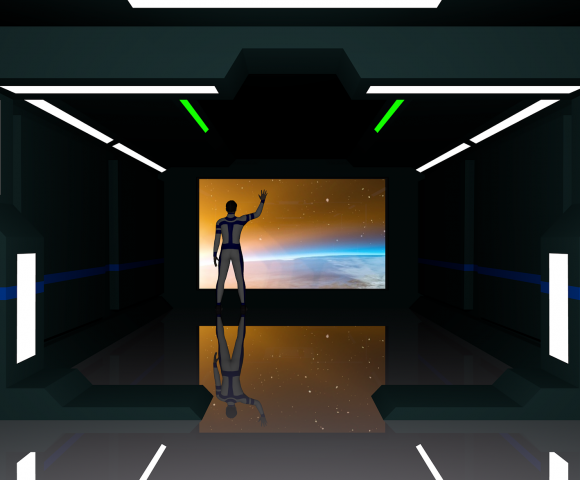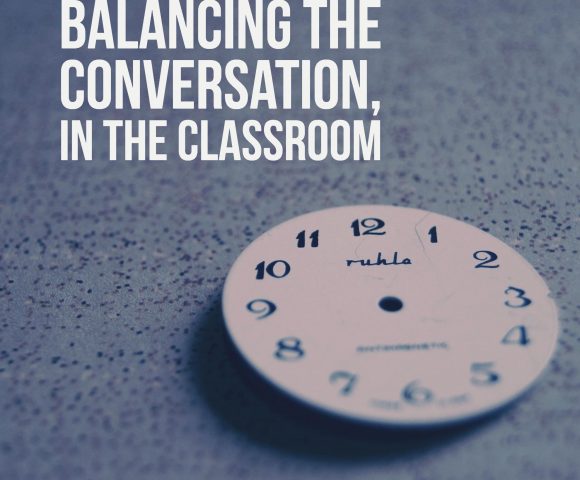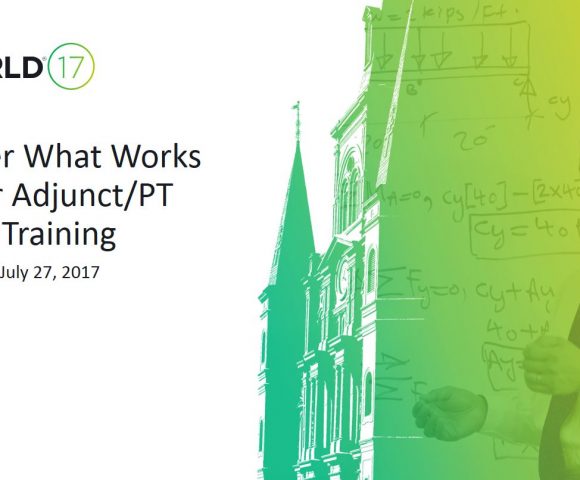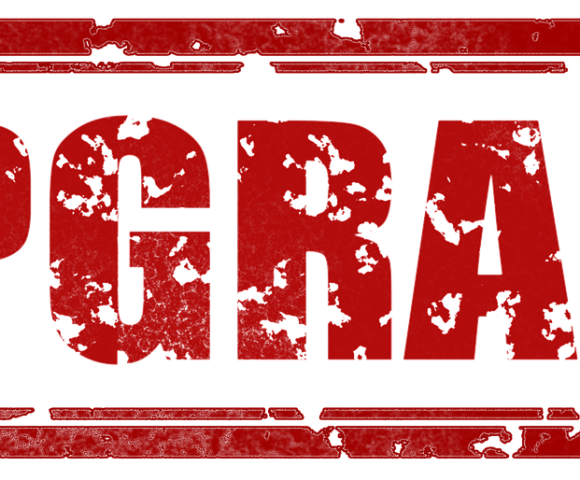
Spark-ing Creativity in the Classroom
I’ve mentioned Spark before, but it definitely bears mentioning again, due to its usefulness for the classroom. For example, here is a Spark Page put together by Professor Matthew Gartner, to explain how to use the One Button Studio for capturing lecture based content: https://spark.adobe.com/page/QSnuBD251p4jK/

In a rut with PowerPoint?
This post has notes and links for my talk at the IETL Teaching Academy: First of all, is a link to the blogpost that inspired this session My favorite alternatives to PPT presentations: PREZI ADOBE SPARK PAGE Here are two examples of each: Prezi talk: Into to DH Master Class Adobe Spark Page: Digital Scholarship

Creating space for all students to participate
This article about timekeeping as a feminist practice is perhaps one of the most influential pieces that I’ve read about pedagogy this year. Prior to reading this piece I hadn’t considered how I could user a timer to ensure that all students in my class have space for contribution. Although I have used a timer

BbWorld 2017
Last year I attended my first BbWorld conference. It was my first time attending any conference and I had just started my role here at Chapman as the Blackboard Support Specialist. Blackboard Learn LMS was new to me, and I was still learning the basics. I wanted to get the most out of the conference, so

How to Upgrade Yourself
Last week’s soapbox blog asked everyone to upgrade their use of technology. Now let’s get to the more practical advice–how to upgrade. There are several ways to improve educational technology skills. Take a look at the following list for ideas. YouTube Of course YouTube tops the list as the go-to place for how-to videos. Sometimes

Signing up for EduBlogs just got easier!
I’ve written before about the benefits of using blogs in the classroom. We provide a free-for-Chapman-users platform for course blogging and for faculty websites on EduBlogs. In the past, users had to submit a form to request an EduBlogs site. However now users can simply go to sites.chapman.edu and Sign In (in the upper left

Finding the one...(technology)
As a learning technologist, I often get asked, “What is the best tool for ____ [fill in the blank]?” Many don’t like my answer, which is usually, “It depends.” Case in point: If you were to ask me, what is the best tool for polling? My answer would be, “It depends.” Then, I would have

What will Scholarship look like in the year 2025?
[This post is part of my ongoing series about Digital Scholarship…] Over the past decade there have been numerous attempts to reimagine the typical scholarly publication practices of authoring journal articles and monographs. An early experiment in this vein was the Vectors journal produced at USC, which used a variety of web technologies to create

Voices from the Archive
In a previous post I’ve written about the powerful experience of bringing students into the Center for American War Letters Archive (CAWLA), which is located in the lower level of the Leatherby Libraries. In order to extend the reach of the archive experience further than the walls of my classroom, I’m collaborating with librarian Doug

Measuring Learning
This YouTube video created by EDUCAUSE has me thinking that after hundreds and even thousands of years, we still don’t have a grasp on our assessments. Even some of our education thought leaders have a hard time defining what learning is. This video acknowledges the struggle of trying to assess learning and it suggests that